In today’s climate-conscious world, businesses must move beyond simple carbon pledges and actively integrate sustainability into every operational layer—including how we manage events. As a committed Salesforce partner, our organization has embraced a sustainable approach to event planning and execution, ensuring that every touchpoint reflects our environmental values.
From reducing waste and energy consumption to promoting digital alternatives and carbon-neutral experiences, our focus on sustainable event management is not just a statement—it’s a responsibility. Here’s how we do it and why it matters.
Why Sustainable Event Management Matters
Corporate events—from summits and webinars to trade shows and workshops—often have an unseen carbon footprint. Events also create waste, increase travel emissions, and use a lot of paper, plastic and energy. For instance, a typical three-day, 1,000-person conference produces an average of 5,670 kg of waste and 530 metric tons of carbon emissions according to MeetGreen.
These numbers imply that we should consider how events are designed and delivered. In this time of climate emergency, as a Salesforce ecosystem contributor, we also see events as a way to exemplify how a low-impact, high-engagement experience looks and feels like in practice.
Our Sustainable Event Practices
Here’s a look at the sustainable practices we’ve adopted across physical, hybrid, and virtual events:
1. Virtual First Approach
Whenever possible, we choose virtual and hybrid formats in order to reduce carbon emissions due to travel, accommodations, and energy consumption associated with venues, often by substantial amounts. Our online event platforms facilitate accessibility, interactivity, and scalability that allow for global participation with reduced environmental costs.
2. Paperless Events
We have become entirely paperless in our event delivery. Agendas, tickets, brochures, evaluations and surveys are all digital- delivered through email, qrcodes, mobile apps or the event platform itself. Going paperless reduces paper consumption and improves upon data capturing and data collection and analysis.
3. Eco-Conscious Venues
For any in-person event, we will only use venues that are green certified (which means they show energy efficient practices, appropriate waste segregation, LED lighting, and can show use of renewable energies) and easily accessible by public transportation in order to minimize vehicle usage.
4. Waste Reduction Strategy
We do not utilize single use plastics. Our partners and vendors are informed of our sustainability policy; we use reusable name badges, compostable utensils and bulk water refilling stations versus plastic bottles. All signage is made from recycled or rented materials.
5. Sustainable Giveaways
Rather than offering plastic swag, we offer a green giveaway, such as a seed-paper notebook, bamboo pen, or donation vouchers to environmental non-governmental organizations, all of which have lasting value in that they reinforce our sustainability commitment.
6. Catering with a Conscience
Food catering is sourced through local suppliers using seasonal products and plant-forward meal options. We also work with food rescue programs, donating any leftovers to local charities rather than seeing them discarded.
7. Carbon Offset Integration
With each event, we measure our carbon footprint through Salesforce Net Zero Cloud or some external partners, and then we invest in certified carbon offsetting projects including afforestation and renewable energy, to offset any remaining impact.
Measurable Impact
We’ve started integrating sustainability metrics into our post-event analytics. Here are just a few tangible outcomes from our recent events:
- Saved over 25,000 sheets of paper across 6 events by going digital.
- Prevented the use of 3,500+ single-use plastic items through reusable alternatives.
- Reduced estimated CO2 emissions by over 70% through hybrid event adoption.
- Donated 400+ meals through post-event food recovery partnerships.
Educating Attendees and Partners
Sustainability is a group effort. At every event we host, we try to include educating participants on the steps we have made in regards to sustainability and how they can help, whether that is with carpooling, using reusable bottles, or even just turning off devices during breaks.
We also carry this over to our event partners, sponsors and vendors to ensure they are in line with our green requirements.
What’s Next?
As the need for sustainable business practices continues to increase, we are keeping pace with new innovations and developments. Our roadmap outlines the following projects for territorial sustainability
- Embedding AI so that we can grow virtual energy loads and attendee time zones;
- Full integration with Salesforce Net Zero Cloud for improved emissions tracking;
- Developing sustainability certifications for our hosted events;
- Providing carbon-neutral sponsorships for brands;
We believe sustainable event management is not only best practice; it is the next step in responsible businesses practice.
Final Thoughts
As a Salesforce partner, we strive to keep ourselves more accountable to innovation and accountability. Compassionate event planning, transparent reporting, and lasting green strategies are just a few ways we are creating a future where events have a lasting legacy – on people, not the planet.
When we integrate sustainability into the DNA of our events, our focus is two-fold: to lower our environmental footprint and, more importantly, to inspire other organizations, attendees, and the Salesforce community at large to emulate. By leveraging tools like the Salesforce SMS App, we enhance real-time communication and engagement, further supporting efficient, low-waste, and well-coordinated events. Because when we develop better events, we develop better communities.
Want to build sustainable Salesforce solutions for your business?
Let’s talk! Visit www.kcloudtechnologies.com or contact us at contact@kcloudtechnologies.com.

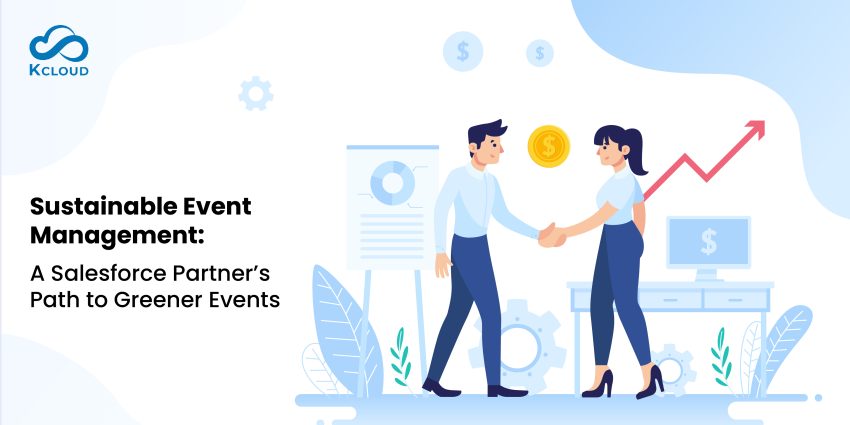




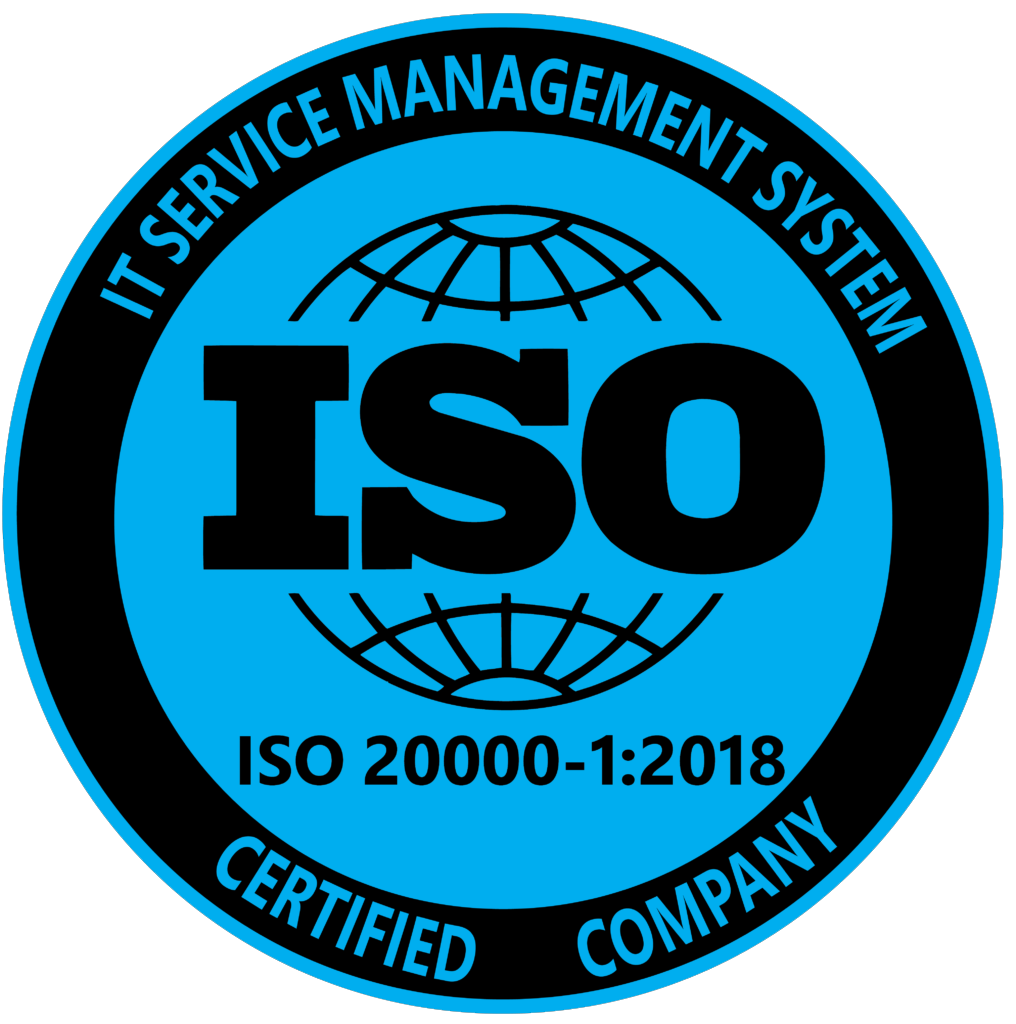
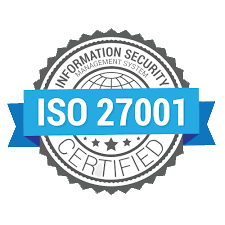
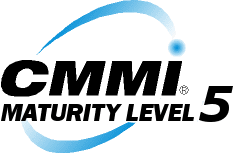
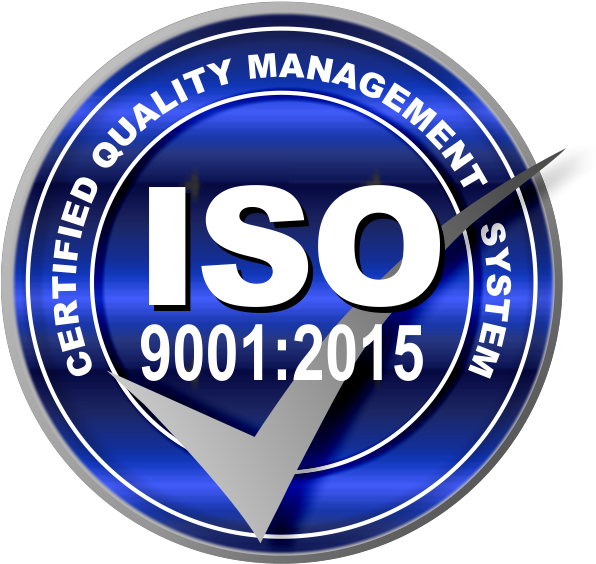
"i must say, i am impressed by the professionalism of the kcloud team. we had requested them to work on the first phase of our salesforce project and they completed before the estimated timelines, at a reasonable cost and 100% accuracy. i wish the team to keep it up."